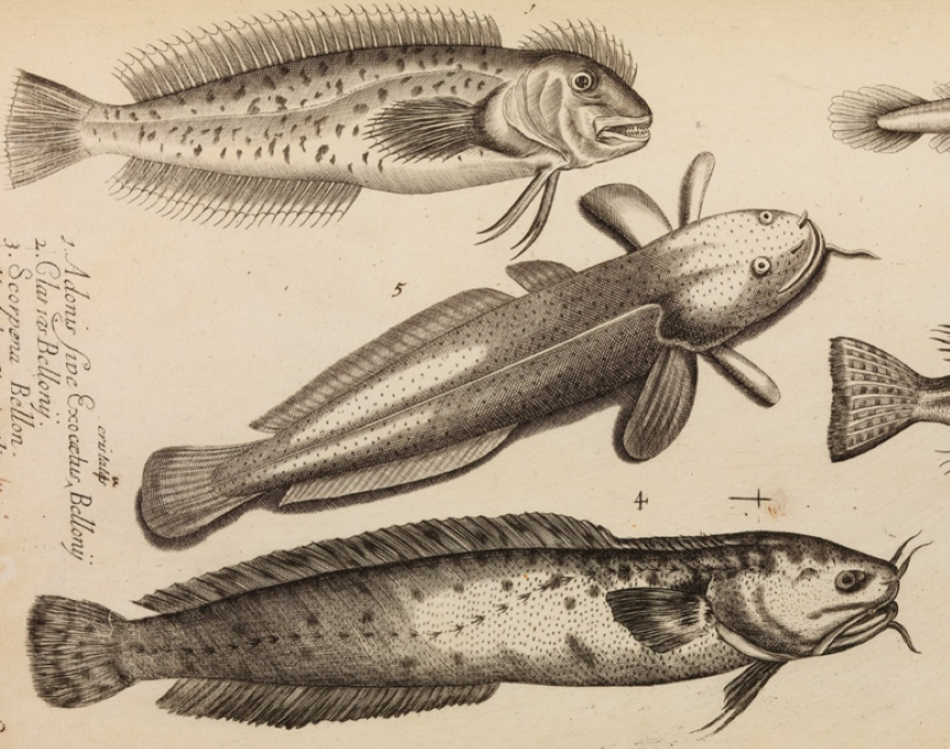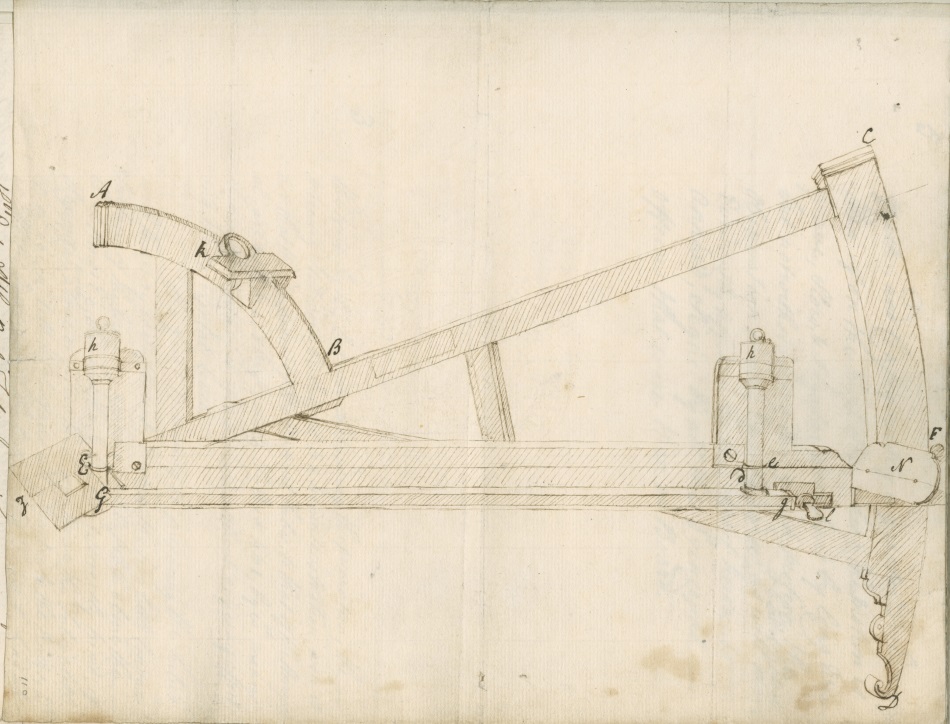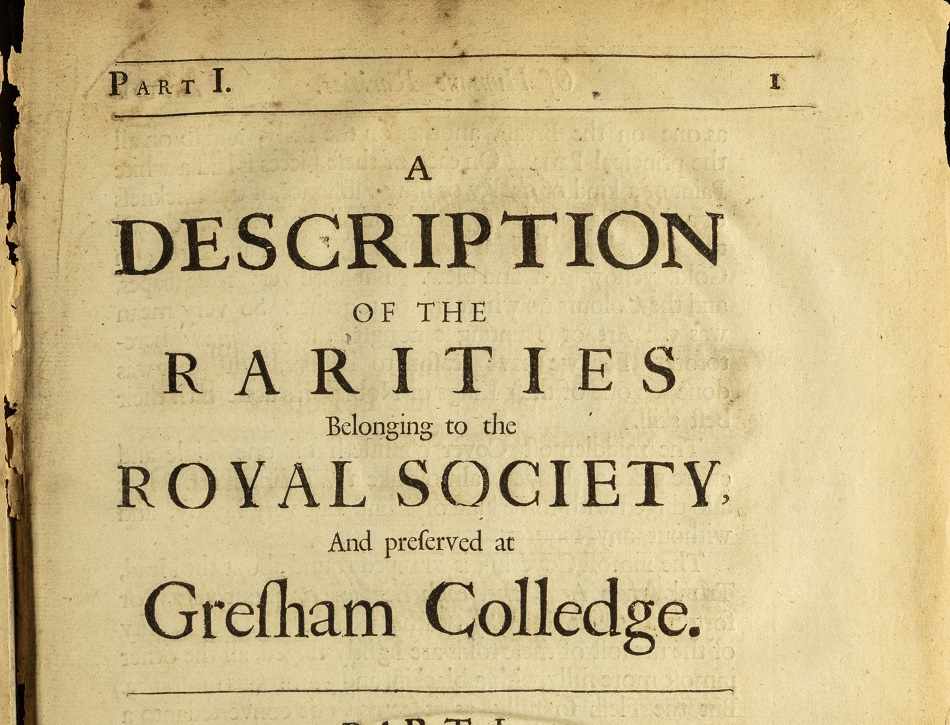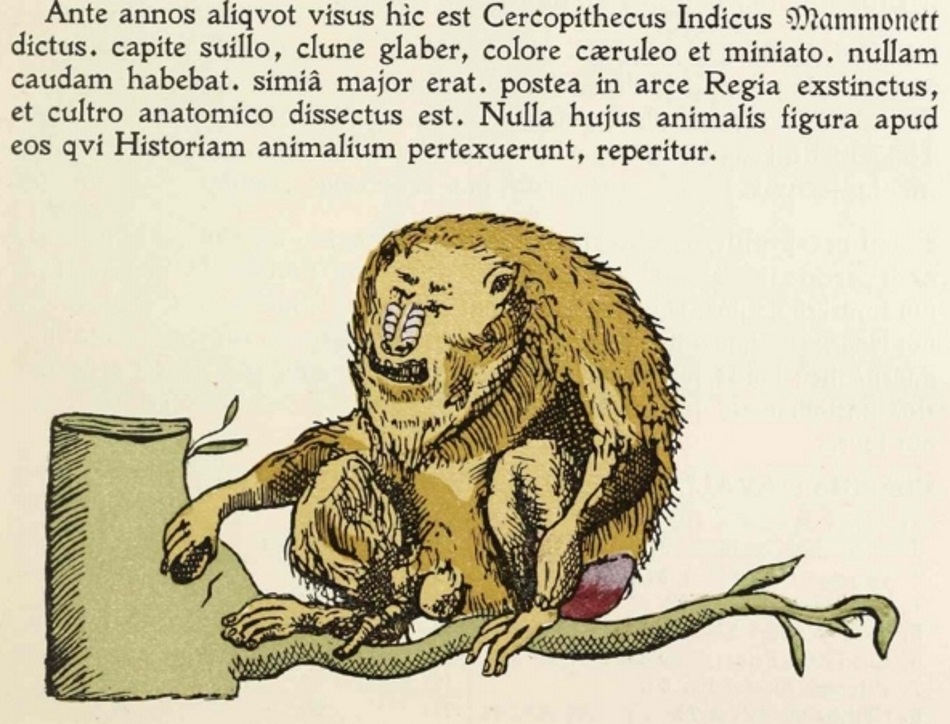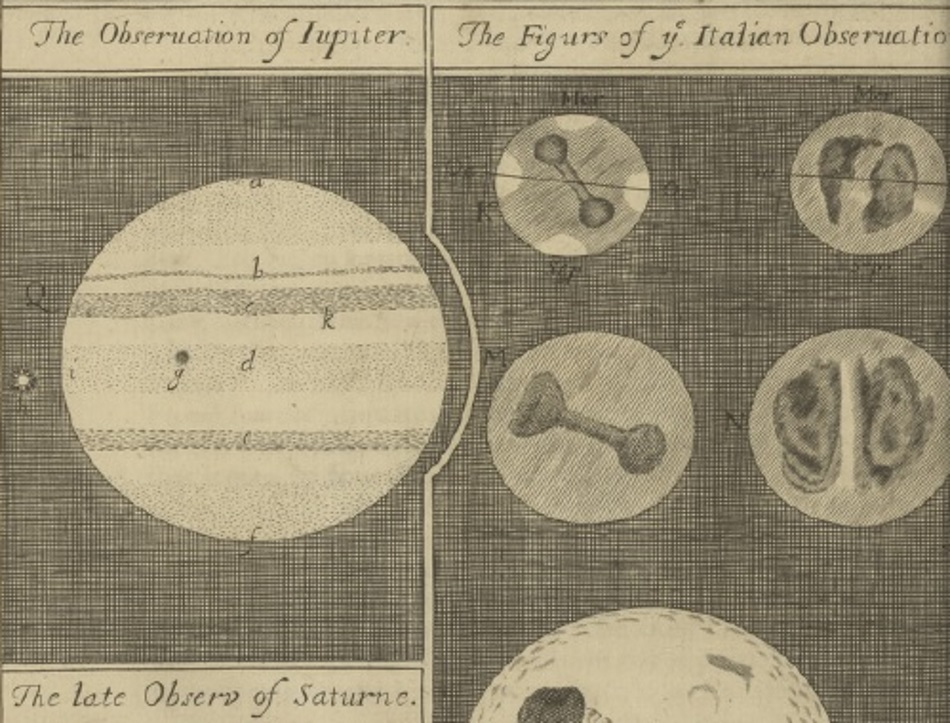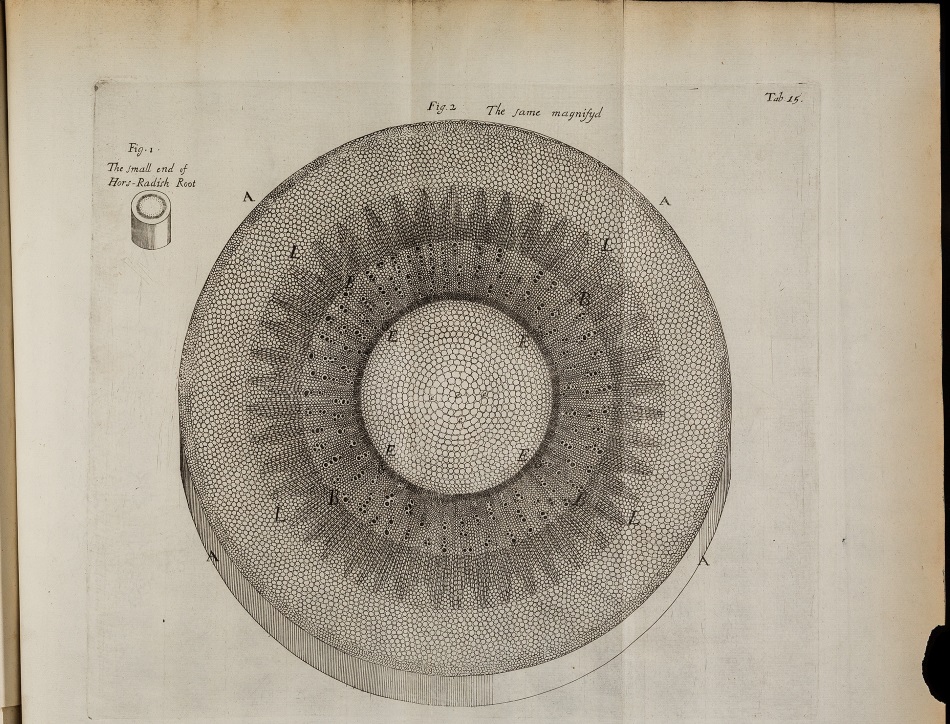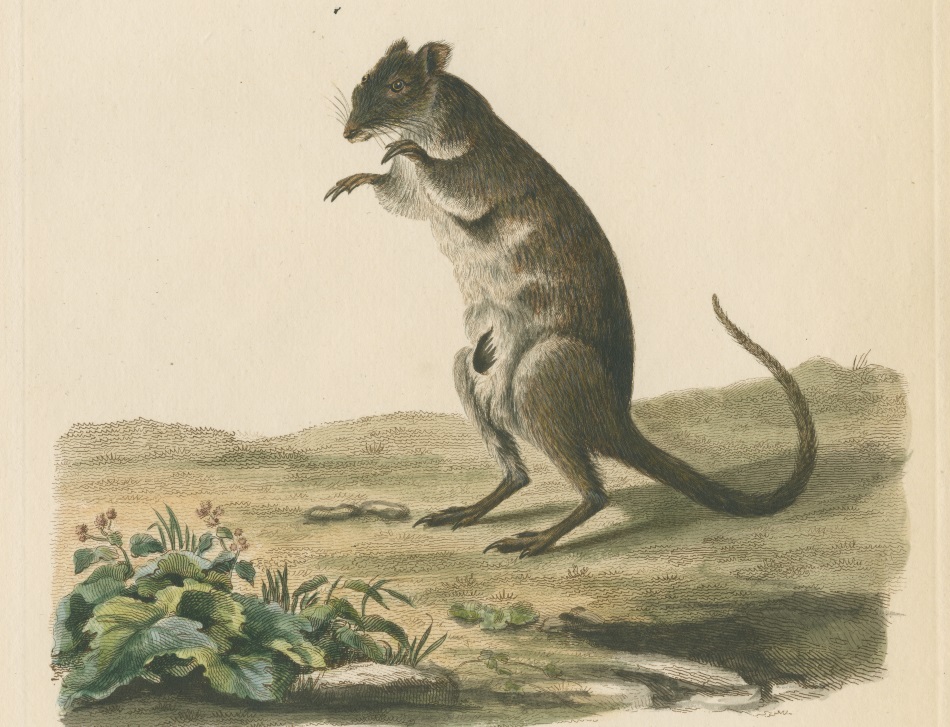About the scheme
The Lisa Jardine Grant Scheme is named in memory of the eminent British historian Professor Lisa Jardine CBE FRS. The scheme encourages early career researchers to expand their interests in history of science and related interdisciplinary studies by travelling in order to use archival resources, to build relationships with the Royal Society and other institutions and to access training and networking opportunities for career development.
Grants are intended to encourage the free movement of researchers across disciplines and countries, to stimulate academics studying intellectual history to consider science in their research and encourage scientists to look back at the origins and historical data related to their discipline. Applicants are encouraged to look at the Royal Society’s strategic objectives, to demonstrate how their research might further these general goals, but applications will be judged on the strength of their academic content in intellectual history, history of science and related disciplines. Special consideration will be given to topics that were of interest to Professor Jardine, notably in 17th century studies.
Funds for a contribution towards subsistence can be requested for lengthy research visits to the Royal Society Library in London; for travel expenses to London to conduct this research; and for international travel expenses for short visits outside the UK.
What does the scheme offer?
The maximum award value is £8,000 to fund up to three months research subsistence and international travel.
This scheme provides:
- Research subsistence
Up to £2,000 per month to a maximum of 3 months, for living expenses and domestic travel while attending the Royal Society collections and other, nearby scholarly collections for the purpose of interdisciplinary research.
Both international and UK based scholars are required to incorporate research at the Royal Society as part of their proposal if applying under this subsistence strand of the scheme.
and/or
- International travel
Up to £2,000 for international travel to any relevant research destination, for short exploratory research trips (no more than 1 month) or one-off event attendance. Scholars based in UK organisations can apply for this travel strand of the scheme to visit any relevant international research destination or event on the condition that:
The intended destination organisation is accessible to the public or provides written permission to access research material;
The period of overseas research is not more than 1 month; or
Grant is to fund attendance of a specific, relevant event such as a conference.
Scholars based in non-UK organisations may only apply to travel to the UK and are required to incorporate research at the Royal Society as part of their proposal under this travel strand of the scheme.
If applying for both research subsistence and international travel the assessment panel may recommend award of one or both depending on the strength of the proposed research and justification provided in the application
This scheme is for you if:
- You are a doctoral candidate at least one year towards thesis stage
- You are a researcher in an early career position at a university or other eligible accredited organisation (eg museum or gallery) having completed your PhD within the last 10 years
- You hold a post, Fellowship or are a doctoral candidate at a university or not for profit organisation, which can act as your ‘host organisation’ and guarantor
- You would benefit from travelling to access research collections or career opportunities
- Your research is interdisciplinary, combining humanities or the arts with natural sciences
Your research should take place within 12 months of the award. The eligible research period for 2025 application rounds are:
2025 R1: 1 July 2025 - 30 June 2026
2026 R2: 5 Jan 2026 - 18 Dec 2026
Interdisciplinary research subjects may include but are not limited to: intellectual history, cultural history, history of science, philosophy of science, history of art, and historical geography. The scheme places special emphasis on Early Modern science and European networks of the period.
UK and international applications are welcomed. It is the applicant’s responsibility to secure the necessary travel visas, the Royal Society cannot provide visa assistance under this scheme.
Scholars based in non-UK organisations are required to incorporate research at The Royal Society as part of any proposal. Both UK and international applicants applying for subsistence grants for extended research trips (1-3 months) must incorporate research at the Royal Society collections as part of their proposal.
PhD students are encouraged to apply, but are advised to begin with smaller, exploratory visit travel grants (up to one month), before submitting a larger proposal, especially if their research is at an early stage of development.
Typically applicants need to be within ten years of completing their PhD to be considered. Applications from researchers having completed a PhD more than ten years ago will also be considered if currently in an early career position after a career break (see scheme notes (PDF) for details).
The Royal Society recognises that diversity is essential for delivering excellence in research. The Society wants to encourage applications from the widest range of backgrounds, perspectives and experiences to maximise innovation and creativity in science for the benefit of humanity. We regularly review and revise policies and processes to embed EDI principles in all aspects of the grant making process and ensure all talented applicants have an equitable chance to succeed as per the assessment criteria.
Before applying please make sure that you meet the full eligibility requirements explained in the scheme notes (PDF).
You will apply through our application and grant management system, Flexi-Grant®.
See the ‘Application and assessment process’ page for a general overview of the application and selection steps and see below for details specific to this scheme.
- Applications require two academic references and submission approval from your organisation, both of which must be completed in the application portal before the closing deadline
- Applications received by the application deadline will be checked for eligibility
- Eligible applications will be considered by a panel of independent experts. Two panel members with the most appropriate expertise will assess each application and a shortlist will be discussed at a panel meeting to arrive at recommendations for funding
- The funding recommendations of the panel will be reviewed by Library Committee
- Applicants will be notified of the outcome by email 6-9 weeks after the round closes
Applicants should complete their application, including likely dates of research, to the best of their ability. Should circumstances and plans change from time of application we will do everything we can to accommodate requests for adjustments after grants have been awarded.
Potential applicants interested in Anglo-Dutch cultural studies might also like to consider applying for the Lisa Jardine Fellowship offered annually by the Netherlands Institute for Advanced Study (NIAS). For details and to check eligibility visit the NIAS website.
The Royal Society is committed to helping remove the barriers which prevent disabled people from thriving in research careers. Applicants who identify as disabled, neurodivergent or living with long-term health conditions are encouraged to ask for adjustments to support their participation in the selection process. If you need an adjustment when accessing the application form, or for any other part of the application and award process, please contact the Grants Team by email or +44 20 7451 2666. Adjustments can include, but are not limited to:
- extension of the deadline
- additional support to complete the application form
If you have further questions regarding the scheme, please consult the scheme notes or contact library@royalsociety.org or visit our contact us page. For assistance with the Flexi-Grant application portal please contact grants@royalsociety.org.

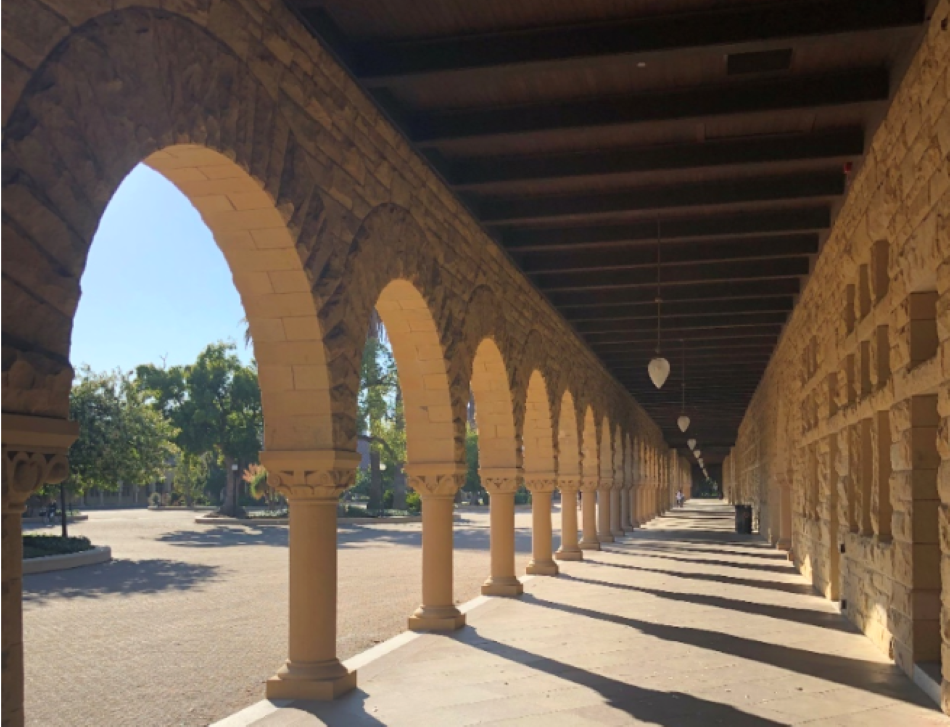
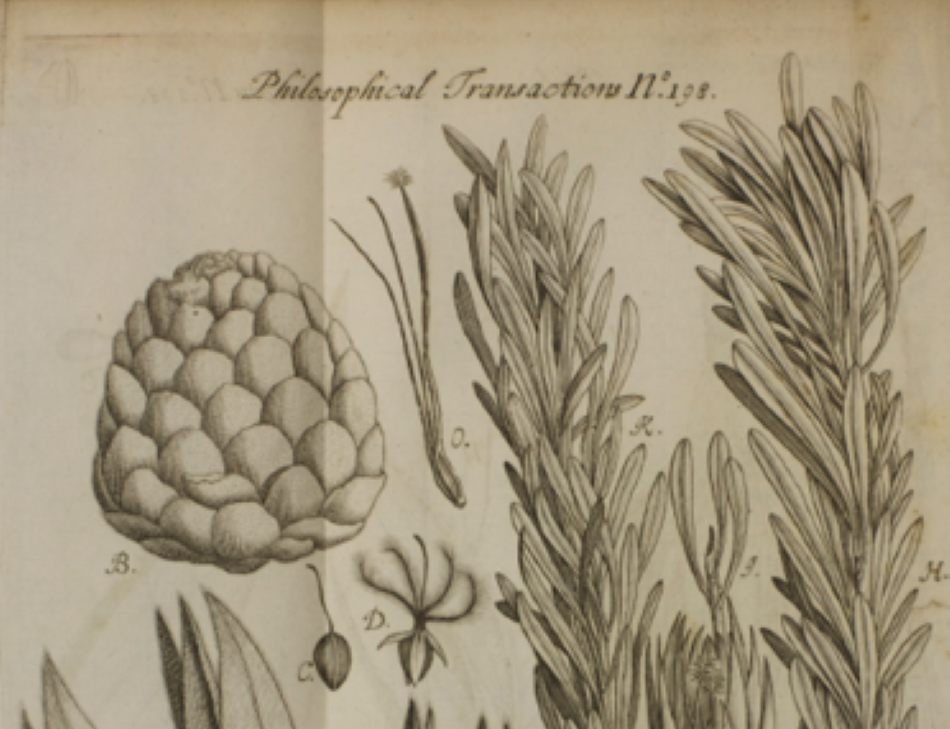
![A plate reproducing the sketch made by Gregoriu Ștefănescu (1836-1911) after some locals discovered fossils of a Proboscidian Mastodon in Romania in 1889. The mammal was eventually renamed by Ștefănescu as Dinontherium Gigantissimum Stef. Anuarul Museului de Geologie și Paleontologie, 1895-1896. [Yearbook of Geology and Paleontology Museum].](/-/media/grants/lisa-jardine/relaunching-the-lisa-jardine-grant-4.jpg)
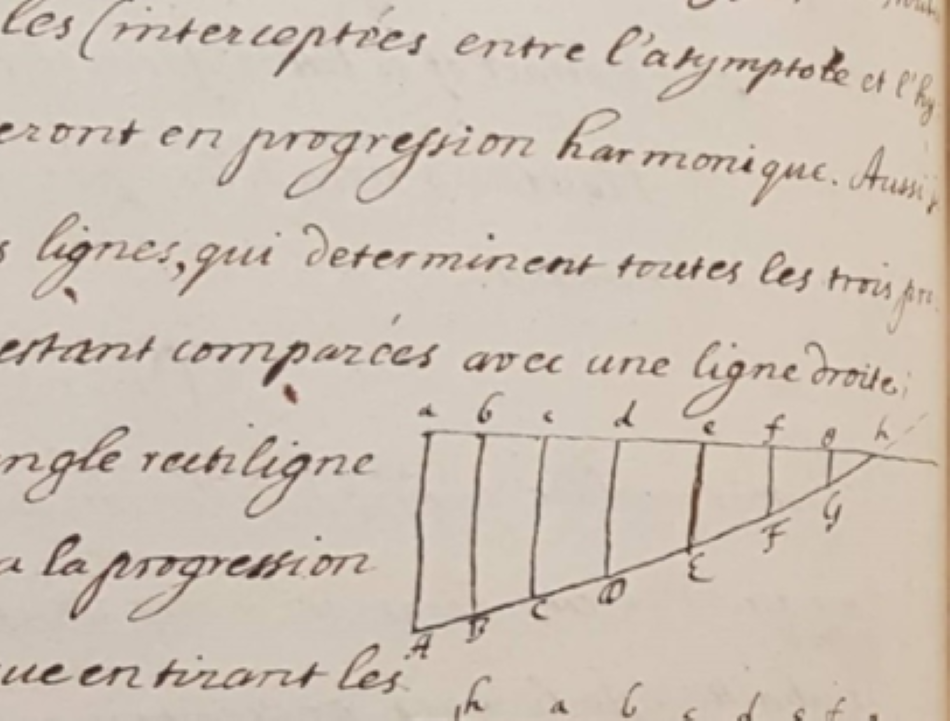
![Portrait of Henry Baker FRS (1698-1774), teacher of deaf children [IM/000191, Royal Society Archive]](/-/media/grants/lisa-jardine/lisa-jardine-case-study-5.png)
